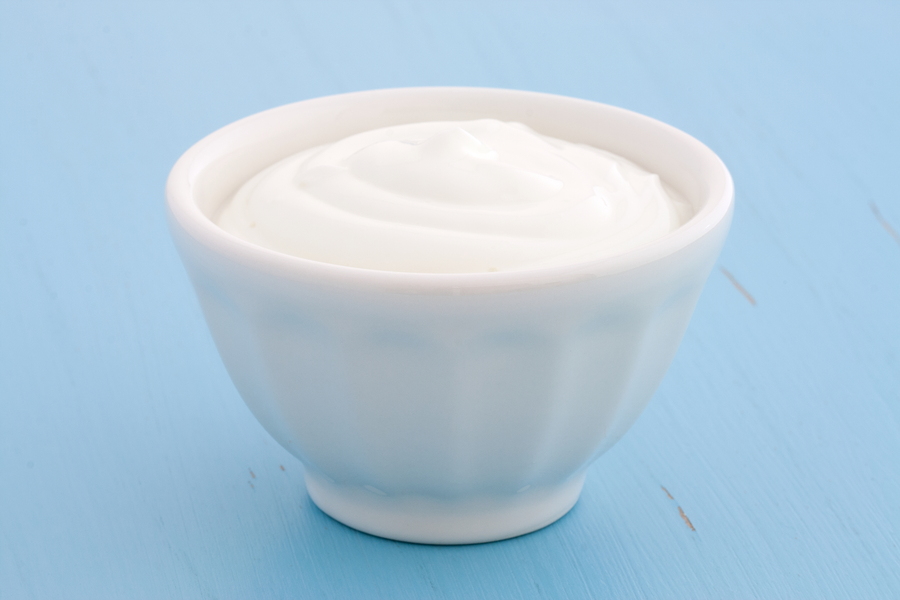Although there isn’t an official probiotics diet, the idea of eating a diet with added probiotic foods has been very popular as of late. In fact, people have been interested in learning more about probiotics along with their health benefits since the mid-1990s. Before deciding if probiotics are a worthy addition to your daily eating routine, we must first understand what probiotics are to begin with. In simple terms, probiotics are beneficial bacteria. These living bacteria and yeasts are beneficial as they are good for your health and helpful to your digestive system. It is common for physicians to suggest to their patients to consume probiotic foods to alleviate digestive problems. You can find probiotics in some foods, supplements and inside your body. In fact, there are around 100 trillion microorganisms that inhabit every normal, healthy human bowel system.
There are numerous types of probiotics, each with their own functions and benefits. However, there are two main groups that most probiotics generally belong to: Lactobacillus and bifidobacterium. The most commonly seen classification is lactobacillus. You’ll find this kind of healthy bacteria in yogurt and fermented foods like kimchi and sauerkraut. Different lactobacillus strains may help people with diarrhea and lactose intolerance. The other main classification of probiotics, bifidobacterium, is also found in some dairy products. One of its functions is to help ease irritable bowel syndrome symptoms.
What to Eat
Yogurt is possibly the probiotic food that is the easiest to access and add to your diet. Many people are already regularly enjoying yogurt. Yogurt gets its unique taste and probiotics after going through a fermentation process. The milk used to make yogurt is also pasteurized before culturing which removes any harmful bacteria present in the milk. Some yogurt products even have the Live & Active Cultures seal, which means that this particular refrigerated yogurt contain at least 100 million cultures per gram at the time that it was manufactured. For frozen yogurts, it means that it contains at least 10 million cultures per gram at the time that it was manufactured. That, of course, does not mean that those cultures are all still alive when the yogurt product reaches your spoon.
Along the same lines as yogurt, kefir is another fermented dairy product that is an excellent source of probiotics. It is usually sold near the refrigerated yogurts at grocery stores, and it is less solid than the consistency of yogurt. Kefir is made of a combination of fermented kefir grains and goat’s milk. It is very high in lactobacilli as well has bifidus bacteria. Not only that, but it also provides antioxidants for an extra health kick.
Another popular food, at least in Asian cuisine, is the probiotic powerhouse, miso. Miso is a staple in traditional Japanese culture with both culinary and medicinal purposes. Miso is made from fermenting rye, beans, rice or barley. To make a quick and easy probiotic-rich soup, simply add a tablespoon of miso paste to some hot water and add extra condiments as you wish. Some different varieties of miso to try include barley, soybean, red, white and yellow miso.
A food that also contains probiotics and hits closer to home is the common pickle. Pickles, like any other fermented vegetables, are a great source of you can use to add more probiotics to your diet. But the important thing to note is to choose store bought fermented vegetables that were not made with vinegar as this does not encourage healthy bacteria growth, or you could simply ferment your own.
Pros and Cons
Scientists are still investigating the many possible benefits as well as side effects of probiotics. First, probiotics are recognized to be helpful in reducing blood pressure. Last year, a study on hypertension found that the reduction was seen to be greatest to those who already had high blood pressure. According to another study back in 2012, probiotics also show promise in the prevention of colorectal cancers. Moreover, other potential but not yet definitive health benefits of probiotics include the prevention and treatment of various oral diseases like cavities and halitosis.
Some people experience not so hot effects after eating foods high in probiotics. Some of these effects include gas, bloating and abdominal discomfort. Luckily, most of these side effects are only temporary. These symptoms also occur more in very young children, elderly individuals or people with terminal illnesses with weakened or damaged immune systems. Therefore, people who are already very ill might want to avoid eating lots of probiotic foods. As of now, probiotics are considered a food supplement, and are not regulated by the Food and Drug Administration. So consumers of supplements really do not know if the health claims provided by manufacturers are valid. Another key point to consider is that since probiotic strains aren’t all the same, if you’re experiencing negative symptoms from one type of probiotic, you might try taking a different strain to see if it acts better on your digestive system.
